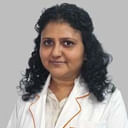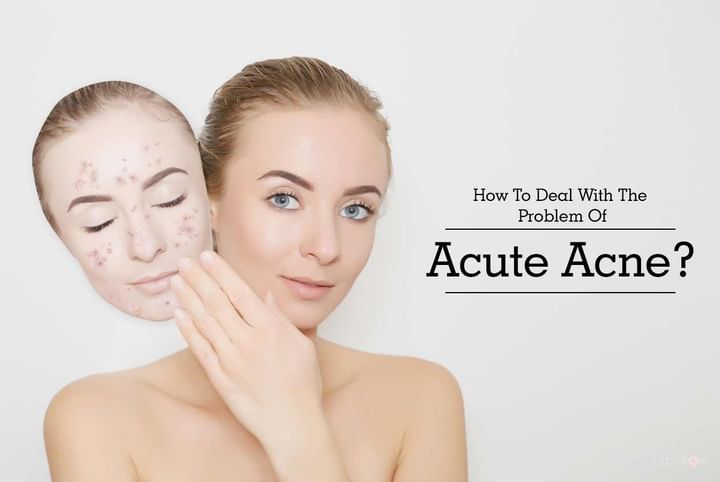How To Deal With The Problem Of Acute Acne?
The skin produces a natural oil known as sebum from the sebaceous glands. This acts as a protective layer and is passed out through the multiple, minute pores. With the teenage years seeing excessive hormones, excessive sebum is produced which clogs the pores, and the underlying sebum may not be released from the glands. In some cases, there could also be bacteria trapped in these acne. In severe cases, there can be extreme pain and pus formation. The acne can be quite large in size and may leave marks, which often take a long time to disappear.
Causes
Though acne affects any age group, it is most common in the teenage years and is attributed to the hormones called androgens. In women, there is also a hormonal correlation where acne is more common with menstrual cycles, pregnancy and polycystic ovaries – all conditions associated with increased hormone levels.
Management
Before heading out for medical help, the following are some tips to manage acne.
-
Avoid touching it or picking it. Else it will result in a faster spreading of the infection to the surrounding areas.
-
Use ice cubes on the acne as they help reduce redness and swelling by lowering the blood supply.
-
Learn to keep calm as stress increases hormonal release and thereby acne.
-
Do regular exercises. A good workout routine helps by keeping your skin clean and the pores open. There is a more frequent clearing of sebum leading to reduced acne.
-
Maintain a healthy eating pattern. Avoid oily food items, which only add to the oiliness of the skin. Sugars again are proven to be harmful for acne.
-
Follow a proper sleep routine as it will relax your muscles and keep you calm.
-
Use mild detergents for washing pillow covers and towels, which are often used on the skin.
-
Frequent washing, regular moisturizing, and exfoliating should be a part of your skin care routine. Avoid heavy chemicals and adhere to one regimen with as many natural substances as possible.
Medical Management
Medications would be required in more severe cases, where there is infection along with pain.
Topical products would include creams, gels or lotions with retinoids like tretinoin, tazarotene and adapalene. In some cases, topical antibiotics like clindamycin or erythromycin combined with benzoyl peroxide are used. Light therapy, laser resurfacing, dermabrasion, chemical peels and steroid injections can be used to remove acne scars, which may be very concerning cosmetically.
Very severe cases may require a systemic antibiotic course with doxycycline and minocycline. Birth control pills may be used in some to regulate hormonal levels.
Despite all this, let nature take its own course, and in majority of the cases, acne runs its course and settles down with the passage of teenage years. Try the next level therapy only if absolutely required. If you wish to discuss about any specific problem, you can consult a dermatologist.



+1.svg)
